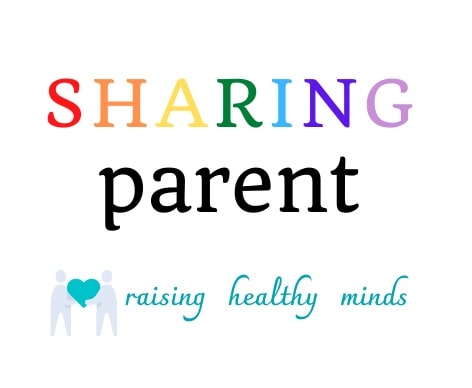One of the most confusing aspects of reading and comprehension is the measurement of the reading age itself. We hear all the time about the importance of reading in the pursuit of academic success. Yet, what does it mean when you say that your child has such-and-such a reading age? Does it matter? And ultimately what can be done if we’re not happy with the result? Well, it’s really quite simple – and there are several ways to measure it:
So what is it exactly?
Reading age is officially defined as A child’s reading ability expressed with reference to an average age at which a comparable ability is found. Working out where your child should be is really easy and looks like this:
Target Reading Age = Current Age + Six Months (approx.)
Does it really matter?
Now this might look like it’s within your child’s reach but, in fact, many exams and evaluations require a child to have a reading age of at least 2 years higher than their current school year – in order to stand a chance of a good grade. Truth be told, some test papers are much more accessible than others, meaning that a good performance in one test does not guarantee the same or similar in another.
How do I get it measured then?
Fortunately there are a few different ways to do this, some paid and some free. Both options are scientifically proven to be accurate tests, the results of which provide a clear indicator as to whether or not your child is on track for his year group – and also give us a better idea of the likelihood of passing examinations. The test plays out much as you would expect: Each child is given words and sentences to read, starting with the most basic, and moving up towards much more complex arrangements. When the child makes a certain number of mistakes, the test stops and their level can then be determined.
Here are the best places in the UK and online to get a good ‘reading’ of your child’s reading age:
Free Tests
Read Unite (Reading Age Calculator)
Paid Tests
Suffolk Reading Scale (GL Assessment)
New Salford Sentence Reading Test
All the above tests carry equal weight and should give very accurate results, with a margin of error of just 1-3 months. As with all formal tests, exam conditions must be maintained, which means your child must focus and cannot be given any help or discuss the test until after it is completed. Sensible questions may be answered, within reason.
Another point to note is that sometimes reading age may fluctuate – this may be dependent on illness, travel or any other aspect that can reduce or may have reduced reading time in the past, so it may be a good idea to repeat the test procedure at least once.
While it is important to understand this, and how it reflects on your child’s reading and comprehension ability, the best thing you can do now is get them reading – and keep them reading! Exposure to the language is guaranteed to see improvement – so check our recommended reading lists here and consider fine-tuning their comprehension skills further by reading together as much as possible.
If you like what you’ve seen or heard here, please share your thoughts and comment below. Also feel free to share this with other parents and become a part of the Sharing Parent community.
Original content sourced from: 11 Plus London.


Comments are closed.